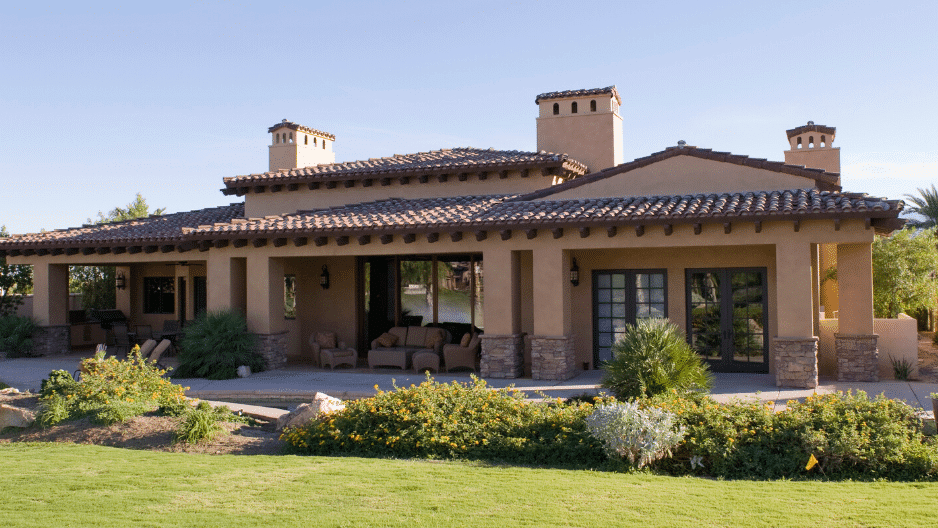
Secure The Best California Mortgage Rates
Key Topics In This Article: How To Find The Best California Mortgage Rates | Fixed Vs. Adjustable | Popular Loan Programs | Rate Charts | FAQ
Two factors determine the best California mortgage rates: the actual interest rate the mortgage loan is based on and the fees associated with obtaining the new mortgage. To get the best mortgage rate in California, you’ll need excellent credit, a sizeable down payment (or equity in the home), and plenty of income to cover your monthly living expenses.
Owning a home is one of the most important investments you can make. This article provides information and tools to help you find the best California mortgage rates for your next purchase or refinance transaction.
Do You have a question or need a quote?
Contact KevinLow rates, fast closings, and exceptional service.
How To Find The Best California Mortgage Rates
The five steps listed below will help you get the best California mortgage rates. Each step is equally important, and using this information will put you in a better position to have a successful transaction.
Step One: Work With A Mortgage Broker
The best California mortgage rates are usually found with top-rated mortgage brokers. There is a very simple reason for this: mortgage brokers work with more than one source of funding, tend to have a lower cost structure, and are generally better informed about the marketplace.
Well-known companies (like banks and direct lenders) rely on their name brands to attract business and have little incentive to be as competitive as mortgage brokers.
Step Two: Use The Internet
Websites like the Business Consumers Alliance and Yelp can help you determine which mortgage companies to request a quote from.
However, I do believe those sites are secondary, and the best place to visit is the Better Business Bureau.
The reason is simple. The Better Business Bureau requires members (those who are Accredited) to hold specific standards of excellence and screen all the reviews submitted.
Zillow is another solid option, as they screen their reviews to ensure accuracy.
Step Three: Only Work With Top Rated Companies
The second step to getting the best California mortgage rates is only to work with mortgage companies that have a top rating with the Better Business Bureau (A or A+ rating) and companies that are “Accredited.”
Working with a top-rated mortgage broker (or lender) ensures you’re in good hands when it comes to closing your loan. Avoid mortgage companies that have a low rating and companies that are high pressure.
In addition to that, make sure the company has been around for at least several years and they have a verifiable reputation with services outside of the BBB.
Step Four: Find An Experienced Loan Officer
Make sure the loan officer you are working with has at least five years of experience and is willing to take the time to answer any questions you have. If the loan officer is slow to respond and/or doesn’t answer your questions directly, you might want to find a new loan officer to work with.
Shopping for the best California mortgage rates is risky when you work with a loan officer with little to no experience.
Once you’ve located 2-3 mortgage brokers, then request a rate quote. Make sure each mortgage broker you’re working with has the exact same information so that you can compare apples to apples.
For example, if you tell one company that you don’t need any cash out (thus not a cash-out mortgage loan) but then say to another company that you wouldn’t mind $20,000 in cash for some upgrades to the home, then you are NOT comparing the same loans.
That is because one has no cash-out, and one has cash-out (and cash-out loans usually come with a slightly higher rate and/or fees).
So make sure that each mortgage company has the exact same details (loan amount, house value, income, credit, etc.). This way, when you receive your quote, you’ll be comparing apples to apples, giving you a greater opportunity to find the best California mortgage rates.
Ask For The Total Fees
When comparing loans, compare the rate and total fees (if any) you’ll pay. When you get the quote, confirm that the quoted fee is for everything in total, with not a single penny left out.
The reason is that some loan officers just quote lender underwriting fees and leave out points and or 3rd party fees. To obtain up-to-date information on current market conditions and interest rates, be sure to visit our current mortgage rate updates. So make sure you ask, is this the total for all the fees being charged?
Step Five: Rate Lock In Writing
Here is something else you can do to ensure you obtain the best California mortgage rate possible: when you move forward with a mortgage company, get your rate locked in writing! Did you know some mortgage companies will not allow you to lock in your mortgage rate until just before closing?
Others require you to lock upon application, which means you have no options to see if market conditions improve. Never assume your mortgage rate is locked in; always request written confirmation.
If your Loan Estimate does not say the loan is locked in the top right corner of the first page, then your rate is not locked.
Fixed Rate Vs. Adjustable Rate
Here are detailed explanations of fixed and adjustable mortgage rates and how they impact your monthly payment. Understanding the differences between the two can help you get the best California mortgage rate.
What Is A Fixed Rate Mortgage?
A fixed-rate mortgage is a mortgage that has an interest rate that never changes. From the first payment to the last payment, your interest rate is the same, no matter what the market does.
The benefit of a fixed-rate mortgage is stability and certainty since your interest rate and your monthly payment never change.
What Is An Adjustable Rate Mortgage?
An adjustable-rate mortgage (aka ARMs) has a short-term fixed period. After that short-term fixed period, the interest rate adjusts. When your interest rate adjusts, your payment can also adjust.
Usually, the fixed rate period is five, seven, or ten years, and most adjustable rate mortgages are based on a 30-year term.
The benefit of an adjustable-rate mortgage is that you sometimes obtain a lower rate and payment than a 30-year fixed-rate mortgage. And sometimes, the best California mortgage rate is an adjustable rate.
The Most Popular Mortgage Loan Programs
There are many different loan programs, the most popular of which is a conventional home loan. Here, I review the various types of loan programs most Californians obtain when buying a home or refinancing a current mortgage.
What Is A Conventional Mortgage?
A conventional loan is any mortgage that the Federal government does not guarantee. Mortgage loans guaranteed by the Federal government include FHA mortgage loans and VA mortgage loans.
When it comes to conventional loans, the best mortgage rates in California are usually conventional loans (not always).
Conforming Home Loan
A conforming mortgage loan is any mortgage that follows (“conforms”) the underwriting guidelines of Fannie Mae and Freddie Mac. A conforming loan is also a conventional loan, but not all conventional loans are confirming loans (see jumbo and bank statement mortgages).
Fannie Mae and Freddie Mac do not provide mortgage loans directly to consumers. Mortgage lenders provide conforming mortgage loans to consumers.
The Role Of FHA Home Loans
An FHA mortgage is a government-backed mortgage program that helps people with less-than-perfect credit and those with limited down payment funds buy a home. If this is you, an FHA loan is a great option to consider.
FHA stands for Federal Housing Administration.
The government does not make the loan directly to consumers. Mortgage lenders loan the money directly to consumers and underwrite the loan under the FHA guidelines.
Provided the mortgage lender underwrote the mortgage based on FHA requirements, the Federal Housing Administration will then protect mortgage lenders in the event of defaults on the mortgage. Sometimes, the best California mortgage rates can be found in an FHA home loan program.
VA Home Loans Are For Veterans
A VA home loan is for veterans who have served in the military.
The VA mortgage loan program offers several unique options, such as a zero-down purchase program. The VA does not lend money directly to consumers; mortgage lenders do. Provided the loan is underwritten according to VA mortgage guidelines, the VA will protect the lender if the borrower defaults on the mortgage.
The great thing about VA home loans is that they usually have some of the best California mortgage rates in the industry. A VA loan should be one of your top choices if you are a veteran.
Fixed Mortgage Rate Charts
Below is a 30-year fixed mortgage rate chart along with a 20-year and a 15-year fixed-rate chart.
Two important things to remember when reviewing the charts:
- This is just an example and for informational purposes only.
- This is not a quote nor an offer to lend.
The best California mortgage rate will depend on the loan term (term equals number of months). For example, the best California rate for a 30-year fixed will not be the same as a 15-year fixed.
Use these charts to see what the best California mortgage rate and payment example might look like for your next purchase or refinance transaction.
30-Year Fixed Mortgage Rate Chart
Here is a 30-year fixed mortgage rate chart with loan amount and payment information.
| Mortgage Rate: | Loan Amount: | Payment: |
| 5.250% | $400,000.00 | $2,208.81 |
| 5.125% | $400,000.00 | $2,177.95 |
| 5.00% | $400,000.00 | $2,147.29 |
| 4.875% | $400,000.00 | $2,116.83 |
| 4.75% | $400,000.00 | $2,086.59 |
| 4.625% | $400,000.00 | $2,056.56 |
| 4.50% | $400,000.00 | $2,026.74 |
20-Year Fixed Mortgage Rate Chart
Here is a 20-year fixed mortgage rate chart with loan amount and payment information.
| Mortgage Rate: | Loan Amount: | Payment: |
| 5.125% | $400,000.00 | $2,667.52 |
| 5.00% | $400,000.00 | $2,639.82 |
| 4.875% | $400,000.00 | $2,612.28 |
| 4.75% | $400,000.00 | $2,584.89 |
| 4.625% | $400,000.00 | $2,557.67 |
| 4.50% | $400,000.00 | $2,530.60 |
| 4.375% | $400,000.00 | $2,503.69 |
15-Year Fixed Mortgage Rate Chart
Here is a 15-year fixed mortgage rate chart with loan amount and payment information.
| Mortgage Rate: | Loan Amount: | Payment: |
| 5.00% | $400,000.00 | $3,163.17 |
| 4.875% | $400,000.00 | $3,137.19 |
| 4.75% | $400,000.00 | $3,111.33 |
| 4.625% | $400,000.00 | $3,085.59 |
| 4.50% | $400,000.00 | $3,059.97 |
| 4.375% | $400,000.00 | $3,034.48 |
| 4.25% | $400,000.00 | $3,009.11 |
Best California Mortgage Rate FAQs
Here are the most common best California mortgage rate FAQs. If you have additional questions about how to get the best mortgage rate in California, please don’t hesitate to ask!
What Is The Best Mortgage Rate For Me?
The best mortgage rate for someone else may not be the best mortgage rate for you. Let’s say your neighbor is in the process of refinancing and locked in a 30-year fixed rate at 3.50% with one point. And let’s say your neighbor just retired and has no plans on moving for the next ten to twenty years.
You call the same mortgage broker and are offered the same rate options. The only difference between you and your neighbor is that you will move in the next five years. The loan officer says you can do a 30-year fixed rate at 3.5% with one point or a 30-year fixed rate at 3.75% with zero points and a small lender credit toward third-party fees.
Since you will be moving in the next five years, the lower-cost option is the best California mortgage rate for you since it’s a better fit for your decision to move within the next five years.
When deciding on the best California mortgage rate, you should have a clear picture of how long you plan to stay in the home and how long you plan to keep the mortgage.
What Are Closing Costs?
Closing costs are expenses associated with obtaining a home loan.
Expenses include underwriting, appraisal, title, escrow, and recording. There are other costs that might be involved (like points or HOA certification fees), but these are the basics.
On refinances, closing costs can usually be rolled into the loan; however, purchase transactions need to be paid at closing (by either you or the seller). Sometimes, you’ll receive a mortgage lender credit that will help cover some or all of the closing costs.
The best California mortgage rates can be directly impacted by closing costs.
Do I Have To Set Up An Impound Account?
An impound account is not required unless you have an FHA mortgage loan, or if you have less than 20% down on a conventional loan, you’ll be required to set up an impound account.
What is an impound account?
An impound account is commonly referred to as an “escrow.”
The mortgage lender sets up this account to pay your property taxes and your property insurance when those bills are due. If you have an impound account, your annual amount for property taxes and property insurance will be divided by twelve (for twelve months), which will be added to your monthly mortgage payment.
An example:
- Annual property taxes are $4,000
- Annual property insurance is $1,000
$5,000/12 = $416.67
The $416.67 will be added to your monthly mortgage payment. It’s a great feature as it allows you to spread out these bills over twelve months rather than coming up with a lump sum (when they’re due).
Can an impound account impact your finding the best California mortgage rate? Yes. At times, and only with some lenders, there is an incentive offered to the loan applicant to include their property taxes and insurance with their payment. That incentive might just be enough to get you the best rate.
What Is The Time Frame For Closing A Mortgage?
The time frame for closing a mortgage will vary from one mortgage lender to the next. Generally, most refinance and purchase transactions will close in thirty days or less. Sometimes, a refinance or purchase can close in less than three weeks.
If you have a subordination on a refinance, then your time frame is usually between thirty and forty-five days, and sometimes, purchase transactions are sixty to ninety days (depending on what you and the seller agree on).
What Are The Different Types Of Mortgage Lenders?
There are three main types of mortgage companies:
- Mortgage Brokers
- Direct Lenders
- Banks and Credit Unions
Mortgage brokers work on your behalf and usually can find the best California mortgage rates for individual loan applicants. Mortgage brokers usually have the most options, the most flexibility, and access to the best programs.
Direct lenders borrow money from banks and underwrite the loans in-house. They usually don’t have the same options as a mortgage broker, but they still can be a good option for some homeowners.
Banks and Credit Unions generally lend their own money and rarely have the options and flexibility that a mortgage broker has.
What Is Private Mortgage Insurance And Mortgage Insurance?
Private Mortgage Insurance (PMI) is an insurance policy the mortgage lender obtains from an insurance company to protect the lender from a borrower’s default. The borrower (you) pays the cost of the PMI monthly (it is added to your monthly mortgage payment).
Mortgage Insurance (MI) is essentially the same thing but for FHA mortgage loans. FHA does not use private insurance companies. The amount needed to cover the MI on a monthly basis is added to your mortgage payment.
FHA mortgage loans also have a “funding fee,” which is charged at the time of closing. This is called Upfront MI, and you should ask your loan officer what the current upfront amount is (which can be added to the loan or rolled into the interest rate).
Some loans that have the best California mortgage rates also have PMI or MI. In that scenario, it’s important to compare the loan to a loan with no PMI or MI to ensure you have a payment you can afford.
Do You have a question or need a quote?
Contact KevinLow rates, fast closings, and exceptional service.
Locating The Best California Mortgage Rate For You
The most important part of the mortgage loan process is locating the best California mortgage rate for you. Working with a top-rated mortgage broker and an experienced loan officer will help you achieve your goals. Following our simple steps and asking the right questions will play a significant role in securing the best mortgage rate in California.

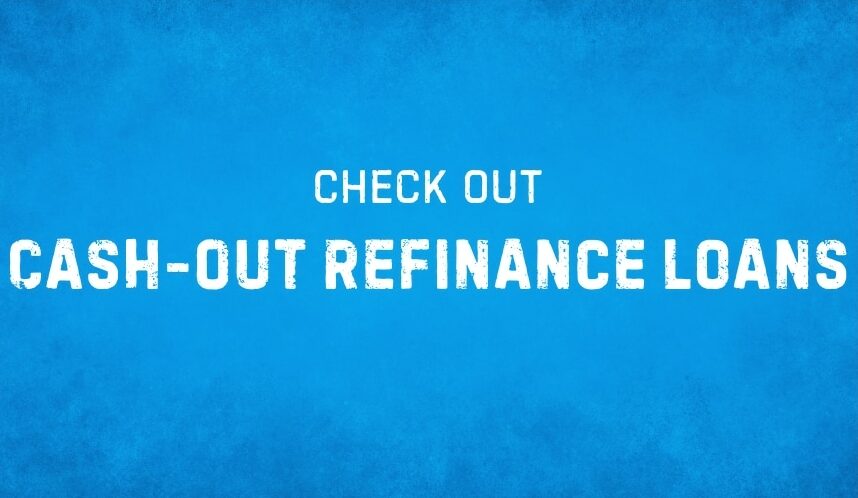
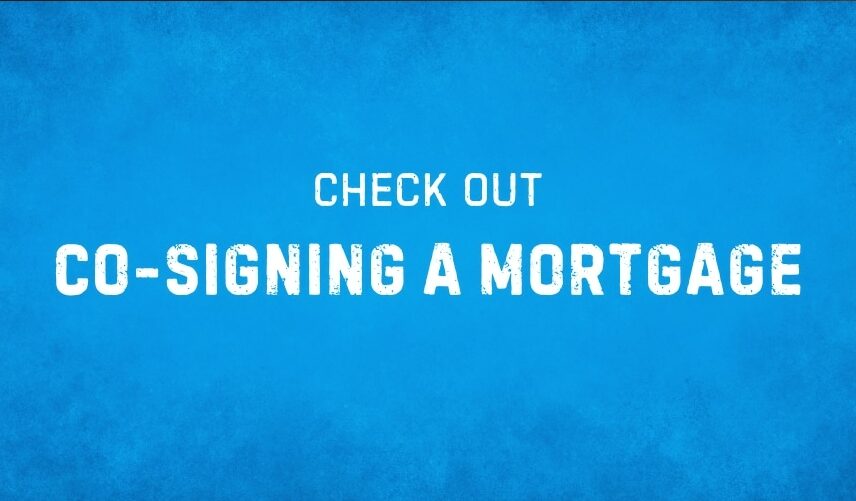
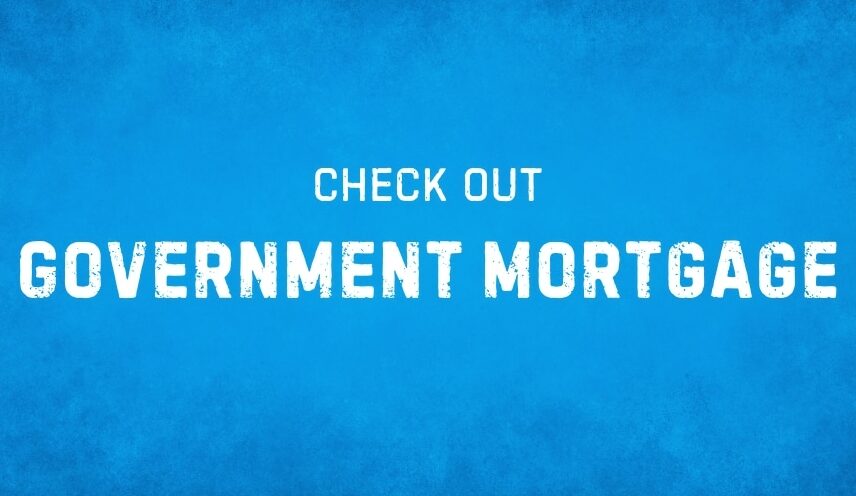
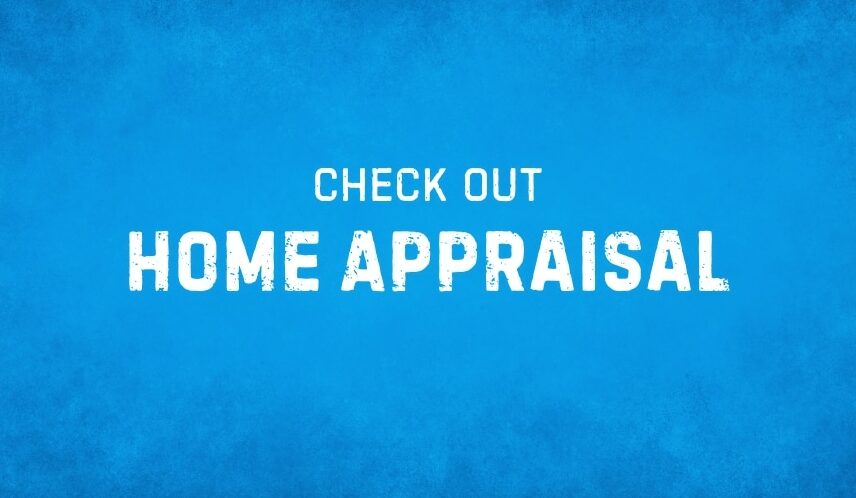
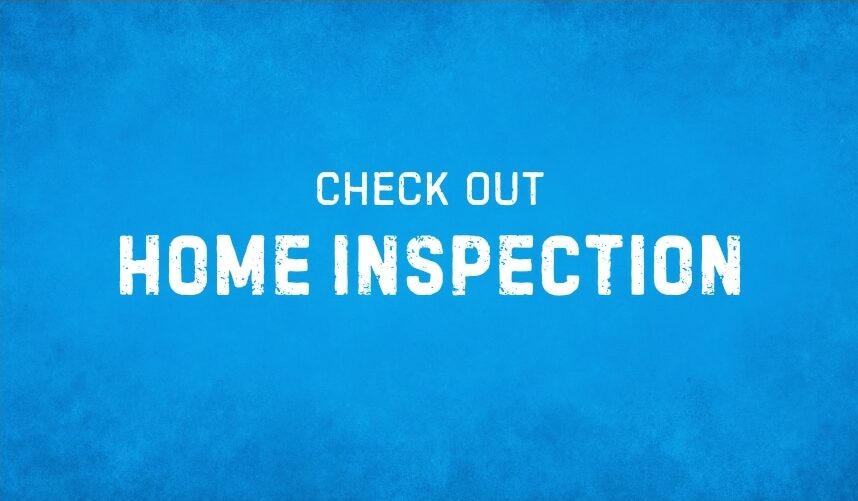
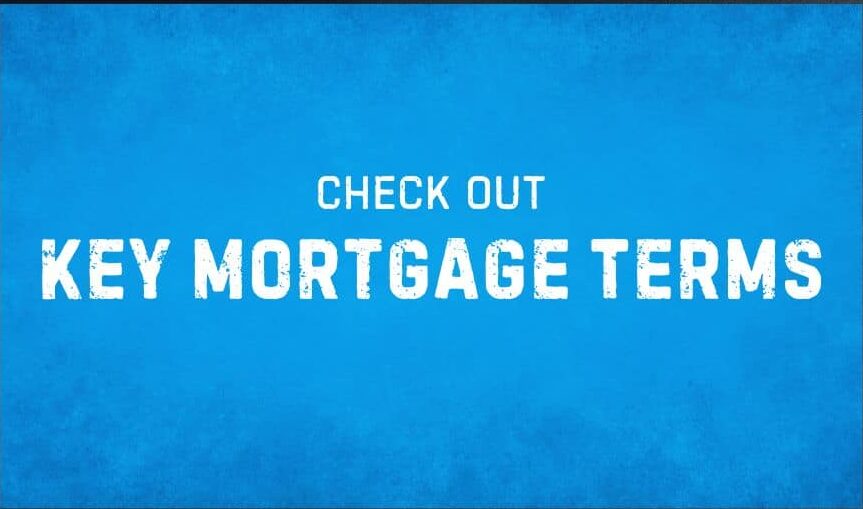
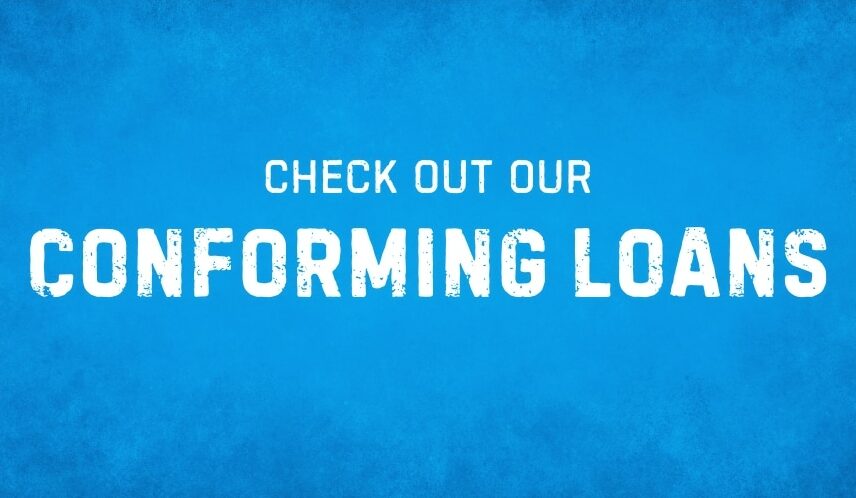
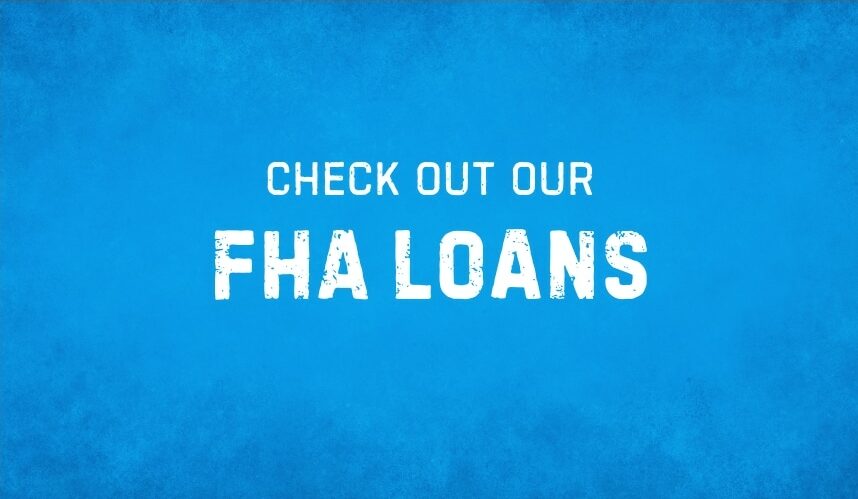
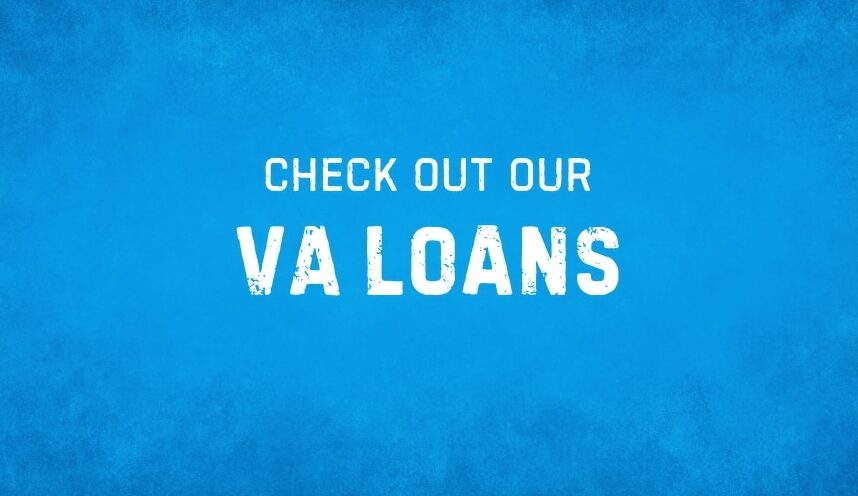
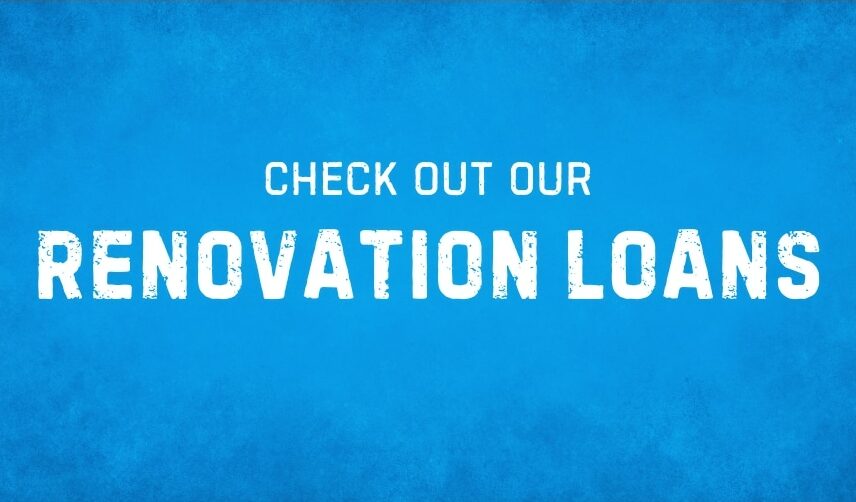
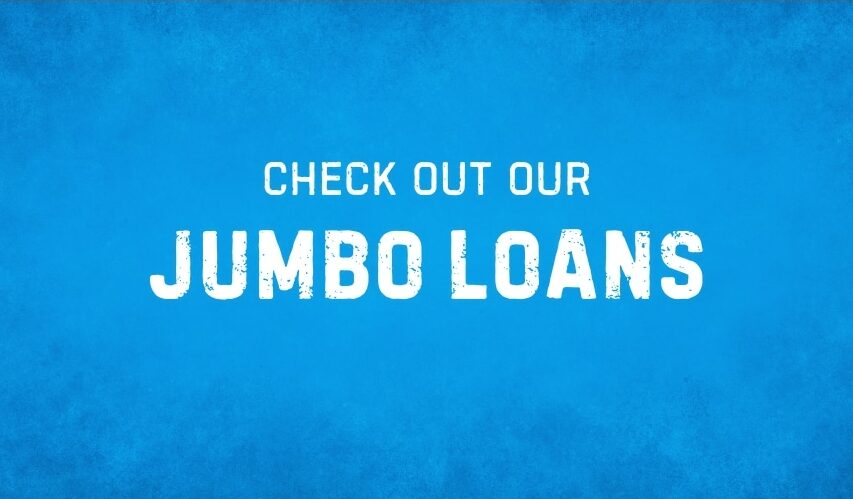
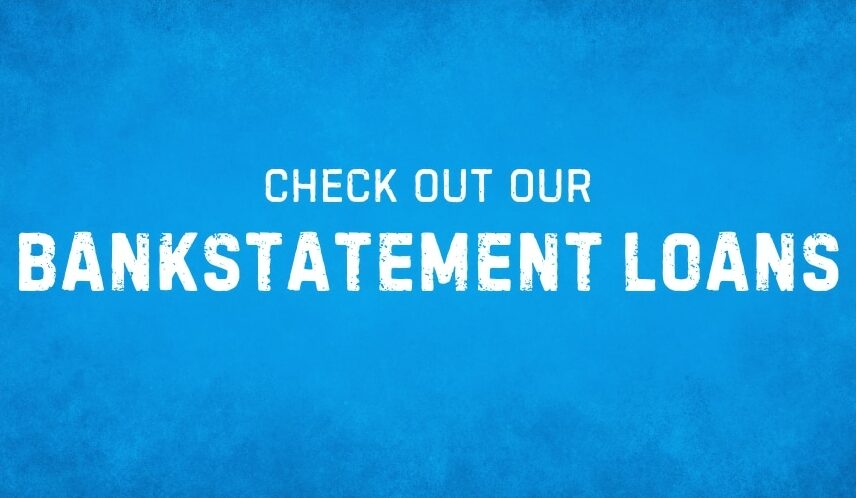
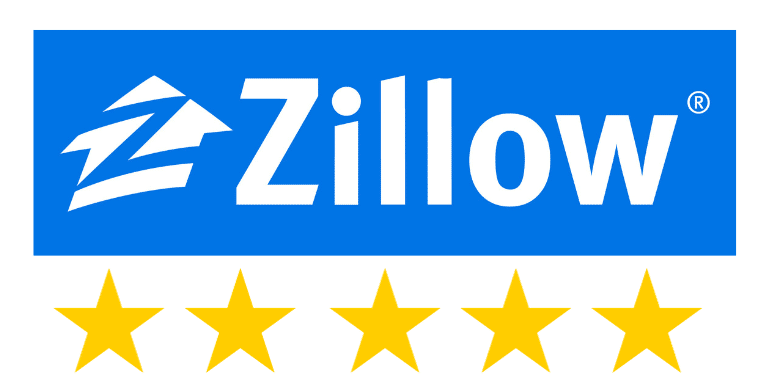
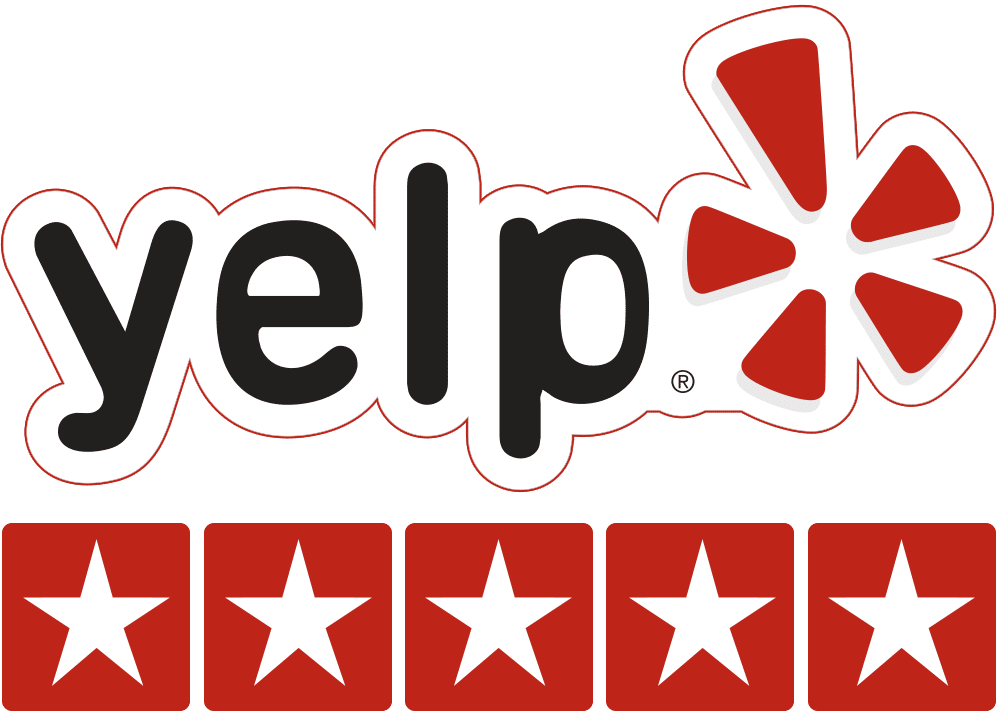
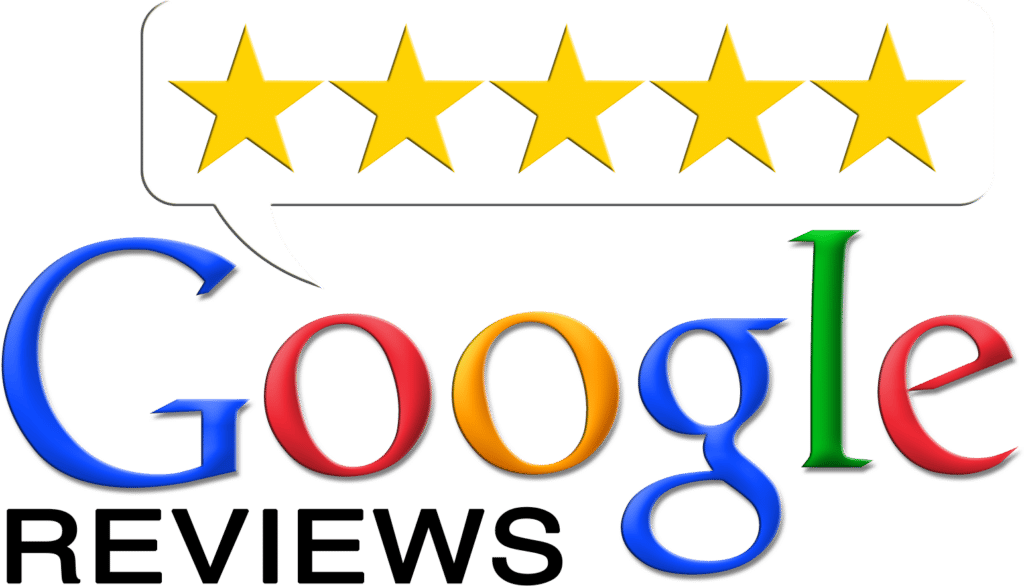
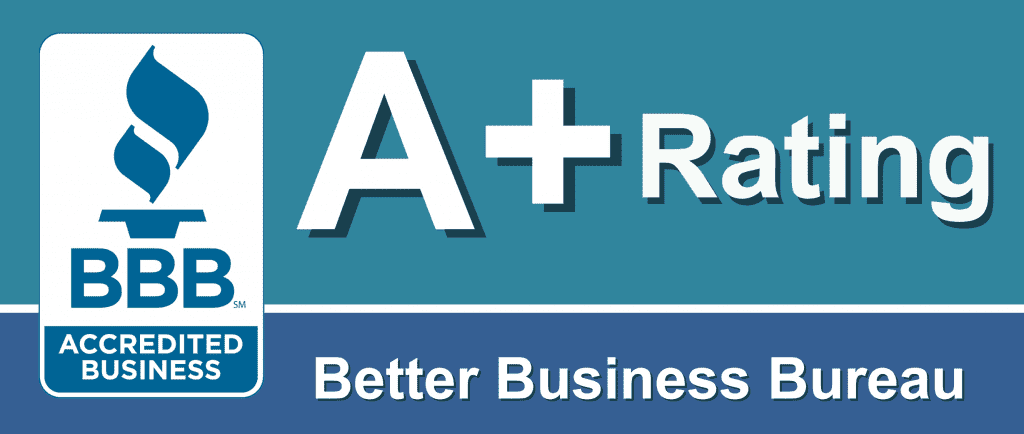
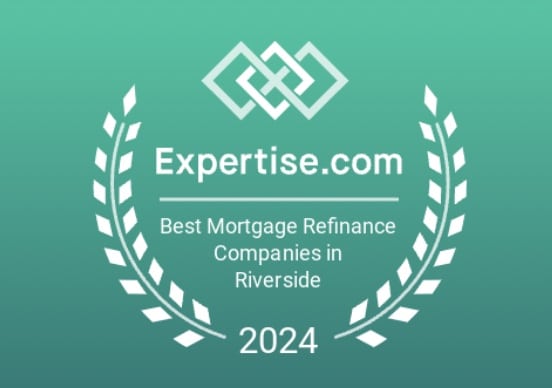





Comments are closed.